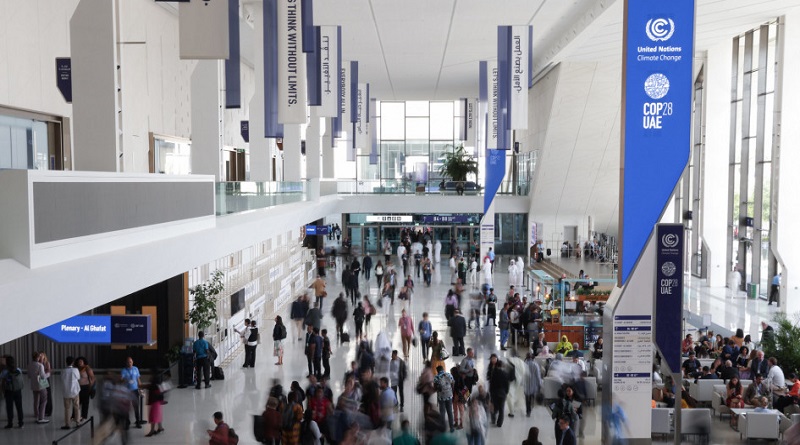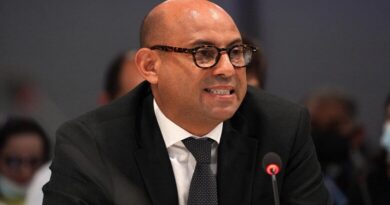Global Stocktake moves closer to a conclusion at COP28
A series of high-level events at the UN Climate Change Conference (COP28) helped move the world’s first global stocktake closer to a conclusion that aims to increase ambition and accelerate action on climate change by informing the next round of climate action plans due in 2025.
During the conference’s first week, world leaders shared their views and expectations for the global stocktake’s outcome during a series of roundtables. A total of 29 Heads of State and Government, 21 ministers, 10 high-level officials, three United Nations organizations, and eight non-governmental organizations spoke at the events.
Governments will take a decision on the global stocktake at COP28, which can be leveraged to raise ambition and action in this decade.
“The high-level events are a space for leaders to provide recommendations for strengthening action and enhancing support, in the context of the urgent need to act in this critical decade as impacts of climate change worsen around the world,” said Harry Vreuls, Chair of the Subsidiary Body for Scientific and Technological Advice in his opening remarks.
The global stocktake is a process for countries and stakeholders to see where they’re collectively making progress towards meeting the goals of the Paris Climate Change Agreement – and where they’re not.
The science from the UN’s Intergovernmental Panel on Climate Change (IPCC) indicates that greenhouse gas emissions must peak before 2025 at the latest and decline 43% by 2030 to limit global warming to 1.5°C. Crossing the 1.5°C threshold risks unleashing far more severe climate change impacts, the IPCC warns.
The findings from the global stocktake’s technical report published in September are a stark reminder of the urgency of our situation and a call to action.
Three high-level global stocktake events (on mitigation, adaptation and means of implementation) at COP28 underscored the urgency for increased ambition and climate action on all fronts. The first Global Stocktake High-Level Committee published a summary of the events, which included the following points:
Mitigation
Leaders indicated that there is an urgent need to set the world on appropriate pathways for deep, rapid, and sustained global greenhouse gas emission reductions, as indicated by science.
Moreover, it was mentioned that peaking of global greenhouse emissions as soon as possible, and accelerating action towards achieving net zero by mid-century or before in line with national circumstances and capabilities and development priorities, is essential to keep the 1.5°C goal alive.
Adaptation
Leaders recognized the significant adaptation implementation and finance gaps (the latter estimated between USD 194-366 billion per year as per the latest UNEP Adaptation Gap Report) and stressed the need for all countries to urgently enhance actions to strengthen adaptation and significantly increase the capacity and resources of developing countries, with a focus on those that are particularly vulnerable.
Leaders acknowledged the adaptation efforts of developing countries, which have contributed to building the resilience and reducing the vulnerability of the population. They also recognized that natural ecosystems play a key role in adaptation, including through ecosystem-based solutions, with particular emphasis on water and mountains.
They also agreed on the need to rapidly scale up support for adaptation —beyond meeting the target of doubling adaptation finance— and loss and damage; and welcomed the pledges to the new loss and damage funding arrangements and fund.
Means of Implementation
Leaders acknowledged that global climate finance flows have increased since the Paris Agreement, but they underlined that finance and means of implementation are not commensurate with the required investments, needs and priorities to achieve the goals of the Paris Agreement, especially those of developing countries.
They also recognized that capacity building, and technology development and transfer is critical, including for innovation.
Increased momentum on finance at COP28 and from the global stocktake outcome is expected to signal a collective way forward to the outside world.




